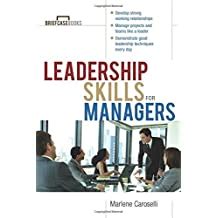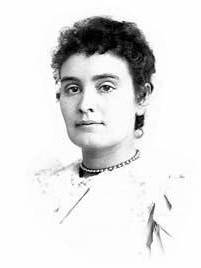A Quote by Robert Pinsky
In the particular presence of memorable language we can find a reminder of our ability to know and retain knowledge itself: the brightness wherein all things come to see.
Related Quotes
...the test of a first-rate intelligence is the ability to hold two opposed ideas in the mind at the same time, and still retain the ability to function. One should, for example, be able to see that things are hopeless and yet be determined to make them otherwise. This philosophy fitted on to my early adult life, when I saw the improbable, the implausible, often the "impossible," come true.
There is this tendency to think that if you could only find the magic way, then you could become a poet. "Tell me how to become a poet. Tell me what to do." . . . What makes you a poet is a gift for language, an ability to see into the heart of things, and an ability to deal with important unconscious material. When all these things come together, you're a poet. But there isn't one little gimmick that makes you a poet. There isn't any formula for it.
There is no doubt about it: we are judged by our language as much as (perhaps more than) we are judged by our appearance, our choice of associates, our behavior. Language communicates so much more than ideas; it reveals our intelligence, our knowledge of a topic, our creativity, our ability to think, our self-confidence, et cetera.
UG [universal grammar] may be regarded as a characterization of the genetically determined language faculty. One may think of thisfaculty as a 'language acquisition device,' an innate component of the human mind that yields a particular language through interaction with present experience, a device that converts experience into a system of knowledge attained: knowledge of one or another language.
Man is the namer; by this we recognize that through him pure language speaks. All nature, insofar as it communicates itself, communicates itself in language, and so finally in man. Hence, he is the lord of nature and can give names to things. Only through the linguistic being of things can he get beyond himself and attain knowledge of them-in the name. God's creation is completed when things receive their names from man, from whom in name language alone speaks.
I'm open to reading almost anything - fiction, nonfiction - as long as I know from the first sentence or two that this is a voice I want to listen to for a good long while. It has much to do with imagery and language, a particular perspective, the assured knowledge of the particular universe the writer has created.
How wrong it is to use God as a stop-gap for the incompleteness of our knowledge. . . . We are to find God in what we know, not in what we don't know; God wants us to realize his presence, not in unsolved problems but in those that are solved. . . . God is no stop-gap; he must be recognized as the center of life, not when we are at the end of our resources.
The goal of prayer is the ear of God, a goal that can only be reached by patient and continued and continuous waiting upon Him, pouring out our heart to Him and permitting Him to speak to us. Only by so doing can we expect to know Him, and as we come to know Him better we shall spend more time in His presence and find that presence a constant and ever-increasing delight.
As Indigenous peoples, we know there is more to the world. We know spirits exist. We know as women, because we're especially attuned to this kind of knowledge, that spirits exist and have a presence in our lives. Some of us are gifted and can communicate with the spirit world. Not everyone has that gift and can perceive the borders between the living and the dead and our society actively discourages us of exploring the knowledge of what many of us have already always known in our cultures.







































